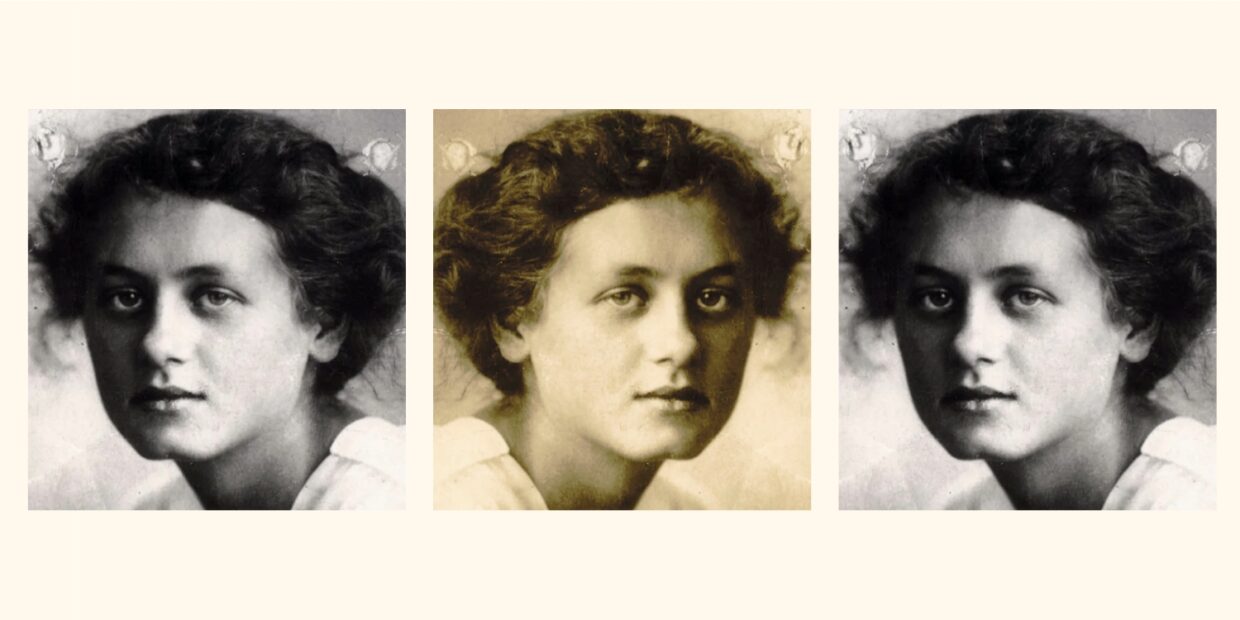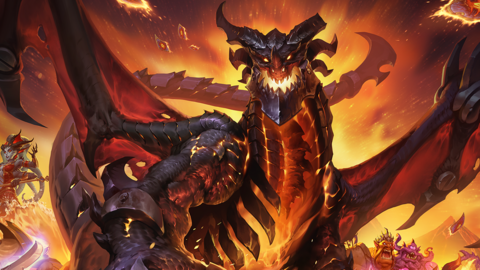In 1920s Vienna—reeling from war, disease, and severe shortages—writer and resistance fighter Milena Jesenská nurtured a literary career that would make her Franz Kafka’s first translator. Once forgotten, her legacy now illuminates Europe’s turbulent 20th century.
Writer, Resistance Fighter, and Kafka’s First Translator: Milena Jesenská, Forgotten No More

Key Takeaways:
- Vienna’s Post-War Hardships Shaped a Generation
- Milena Jesenská’s Role as Kafka’s First Translator
- Her Enduring Drive Despite Sanctions and Epidemics
- The Importance of Recognizing Overlooked Women Writers
- Strength of Writing and Resistance in Adverse Times
The Crisis of 1920 Vienna
Vienna of 1920 was not the cosmopolitan Vienna of today. The Great War had just ended, precipitating the collapse of the Austro-Hungarian Empire. If one wasn’t killed by the brutal warfare, the 1918 Spanish Flu epidemic often finished the job. The city found itself under international sanctions, struggling with fuel shortages, coal shortages, and bread rationing.
A Pivotal Yet Overlooked Figure
Amid these daunting conditions stood Milena Jesenská, known in some circles as Franz Kafka’s first translator. However, her contributions to literature and European cultural life went well beyond translation. As both a writer and resistance fighter, Jesenská steadfastly maintained her commitment to defending ideas and sharing stories in a world darkened by war and deprivation.
Translations and Writing Under Duress
Translation can serve as a bridge between cultures, and Jesenská’s pioneering role in bringing Kafka’s voice to a broader readership was significant. But her dedication to writing went beyond passing along another artist’s work—she infused her own voice into critical discourse, challenging the status quo even as Vienna was in the throes of economic and social turmoil.
Why Her Story Endures
For many years, Milena Jesenská’s name was overshadowed by her more famous counterpart, Franz Kafka. Yet her life as a creative force and a champion of resistance in Central Europe’s darkest hours deserves recognition. In recalling a time when everyday necessities were scarce, her unwavering dedication to literary craft serves as a testament to the power of words to persist—even under the greatest conceivable strain. Jesenská’s story reminds us of the resilience found in the human spirit and the enduring influence of one determined voice.











